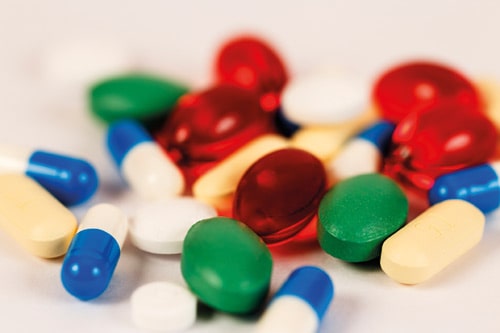
Seres Therapeutics has reported positive topline data from a phase 3 trail of its microbiome therapy SER-109 for recurrent C.difficile infections.
In the phase 3 ECOSPOR trial, the drug reduced the number of patients who had a C.diff infection recurrence within eight weeks of receiving the drug by 30.2% compared to placebo. Shares in Seres climbed nearly fourfold following the announcement of the positive results yesterday.
SER-109 is an oral, biologically-derived microbiome therapy consisting of a ‘highly-purified consortia of spore-based commensal bacteria’, according to Seres.
The drug differs to fecal microbiota transplantation, which is another investigational type of therapy being developed to treat recurrent C.diff infections.
In July 2016, Seres reported interim results from the phase 2 ECOSPOR trial of SER-109 in C.diff. Although the drug failed to hit the primary endpoint of reducing the relative risk of C.diff infection recurrence in this trial, Seres continued clinical development after deciding the failure was due to an issue with dosage.
Following an increase in dosage, SER-109 appears to have efficacy for the prevention of recurring C.diff infections.
The drug was also well-tolerated in the phase 3 trial, with no serious adverse events occurring in the cohort receiving the drug and a similar safety profile to that which was observed in the placebo group.
Some mild adverse events were reported, with the most common being abdominal distention and abdominal pain, which was typically mild-to-moderate, and observed in both those receiving the drug and placebo.
“We are extremely pleased with these highly clinically meaningful SER-109 phase 3 study results, greatly exceeding the statistical threshold provided by the FDA,” said Eric Shaff, president and chief executive officer of Seres.
“Based on our prior discussions with the FDA, we believe this trial should provide the efficacy basis for submitting an application or product approval,” he added.
In March, Seres received funding from AstraZeneca for research expenses associated with a project exploring how the bacteria in the gut can affect, and possibly enhance, the effect of cancer immunotherapies.
This includes research into Seres’ phase 1b candidate SER-401, which is being investigated for its ability to improve the clinical outcomes of metastatic melanoma patients treated with currently-available immunotherapies.




